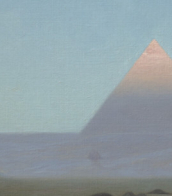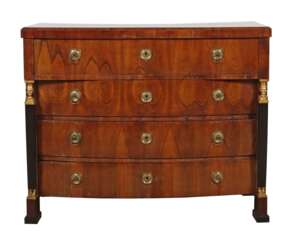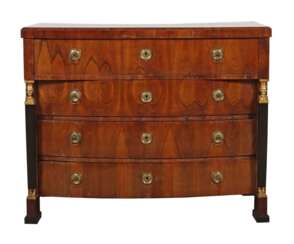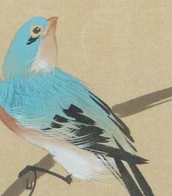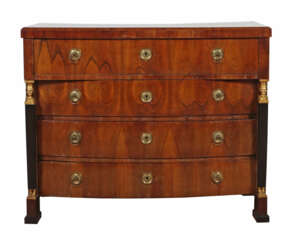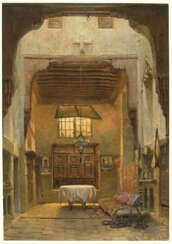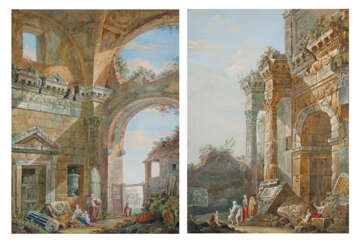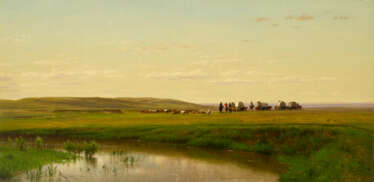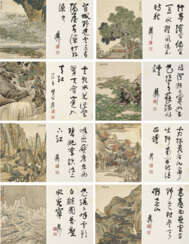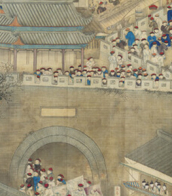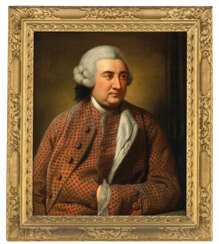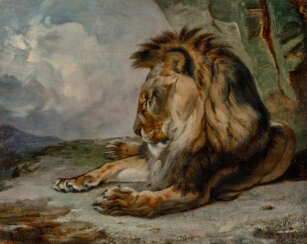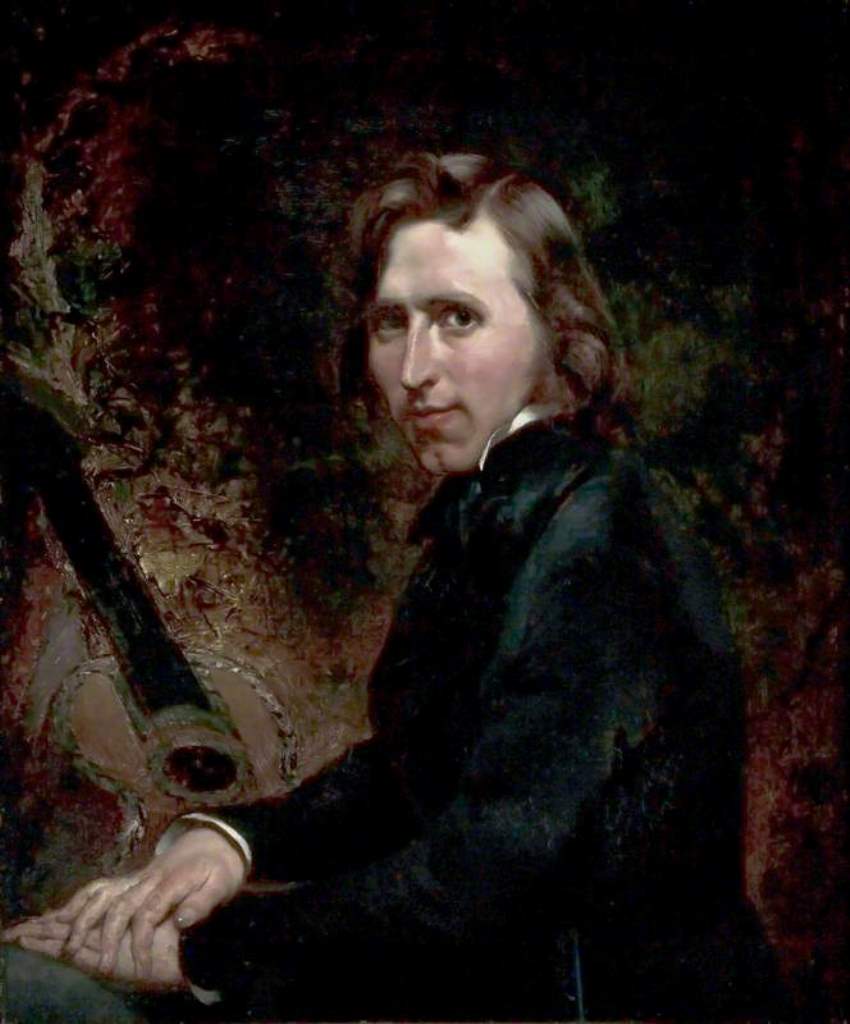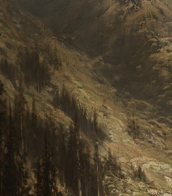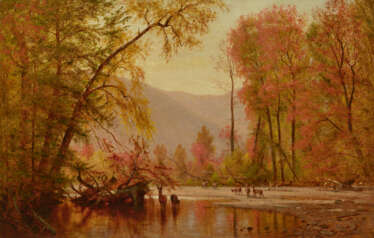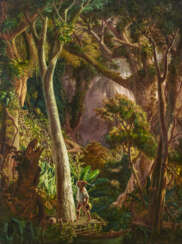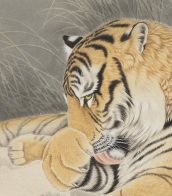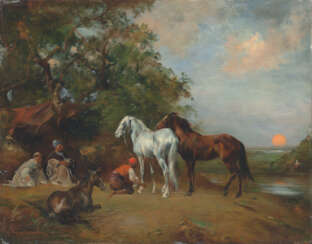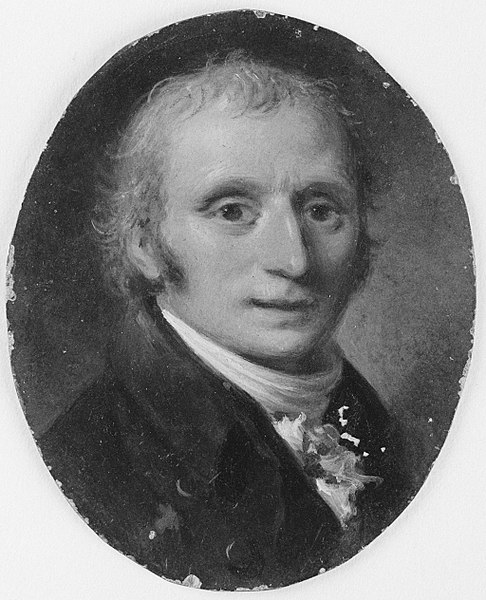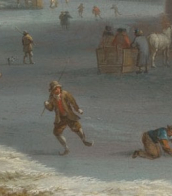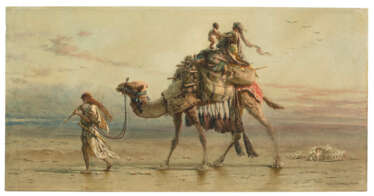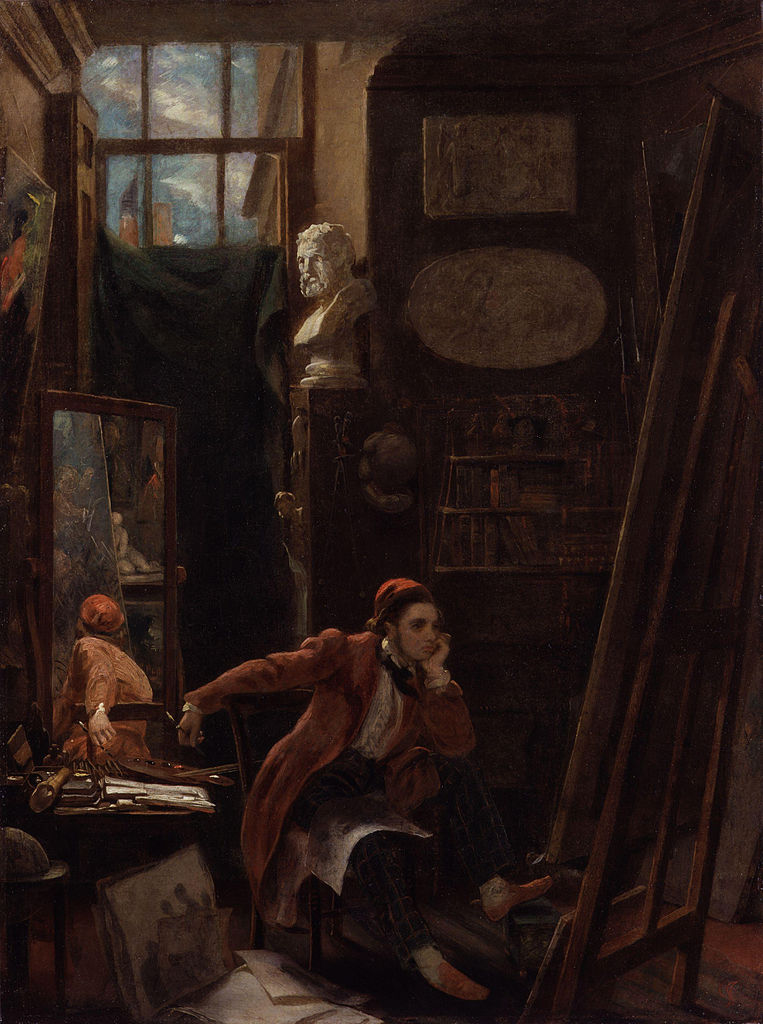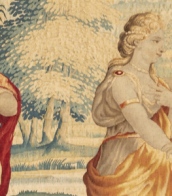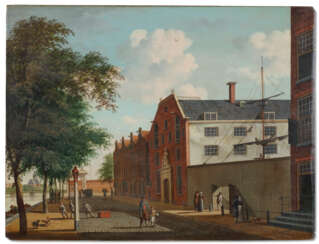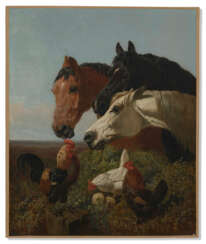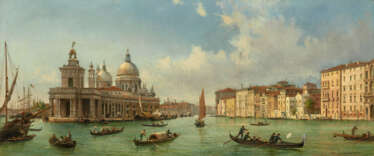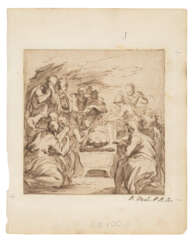1820's
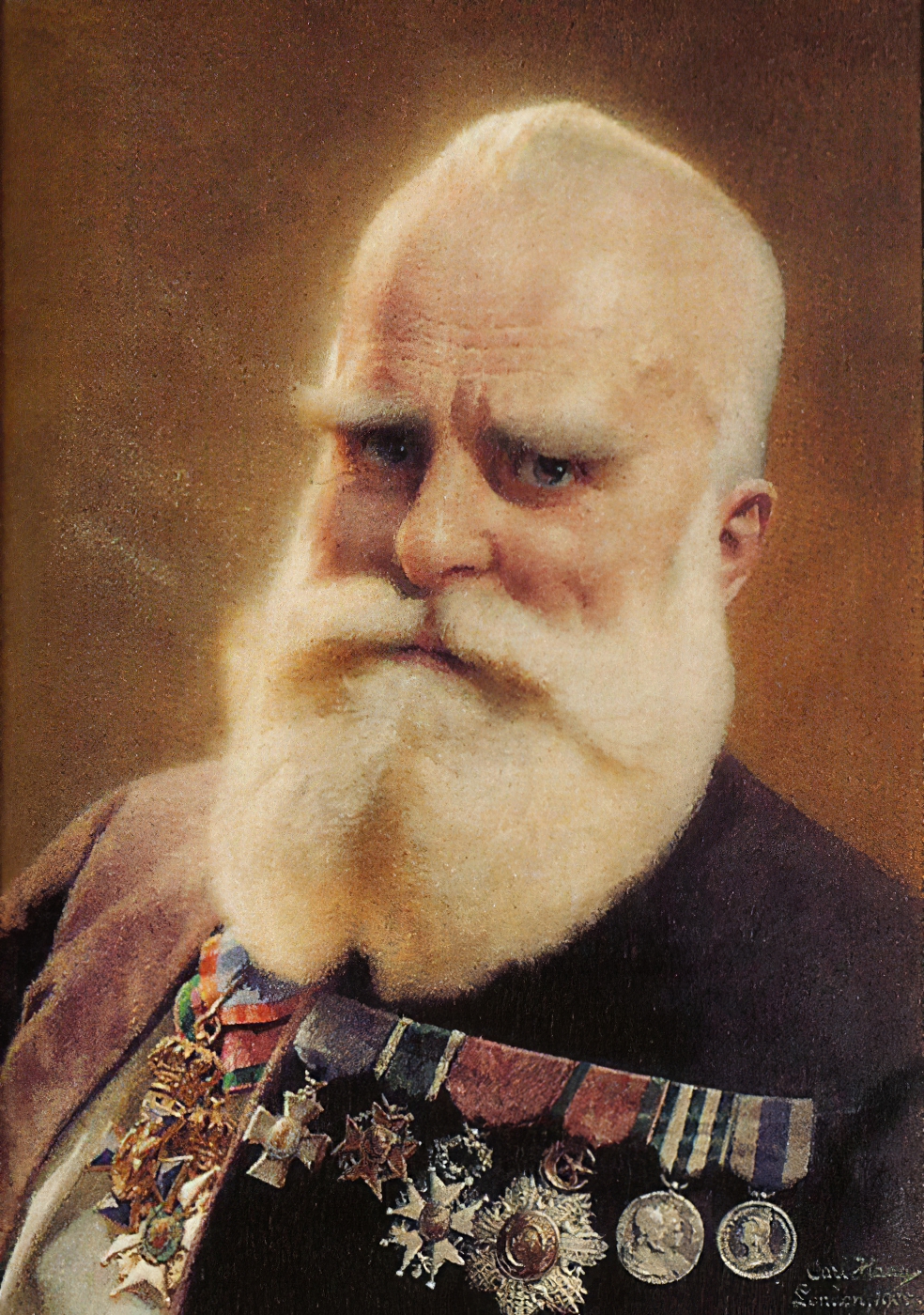
Carl Haag was a Bavarian-born painter who became a naturalized British subject and was court painter to the duke of Saxe-Coburg and Gotha.
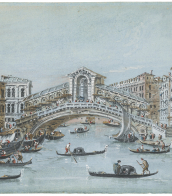

Carl Haag was a Bavarian-born painter who became a naturalized British subject and was court painter to the duke of Saxe-Coburg and Gotha.
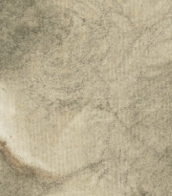
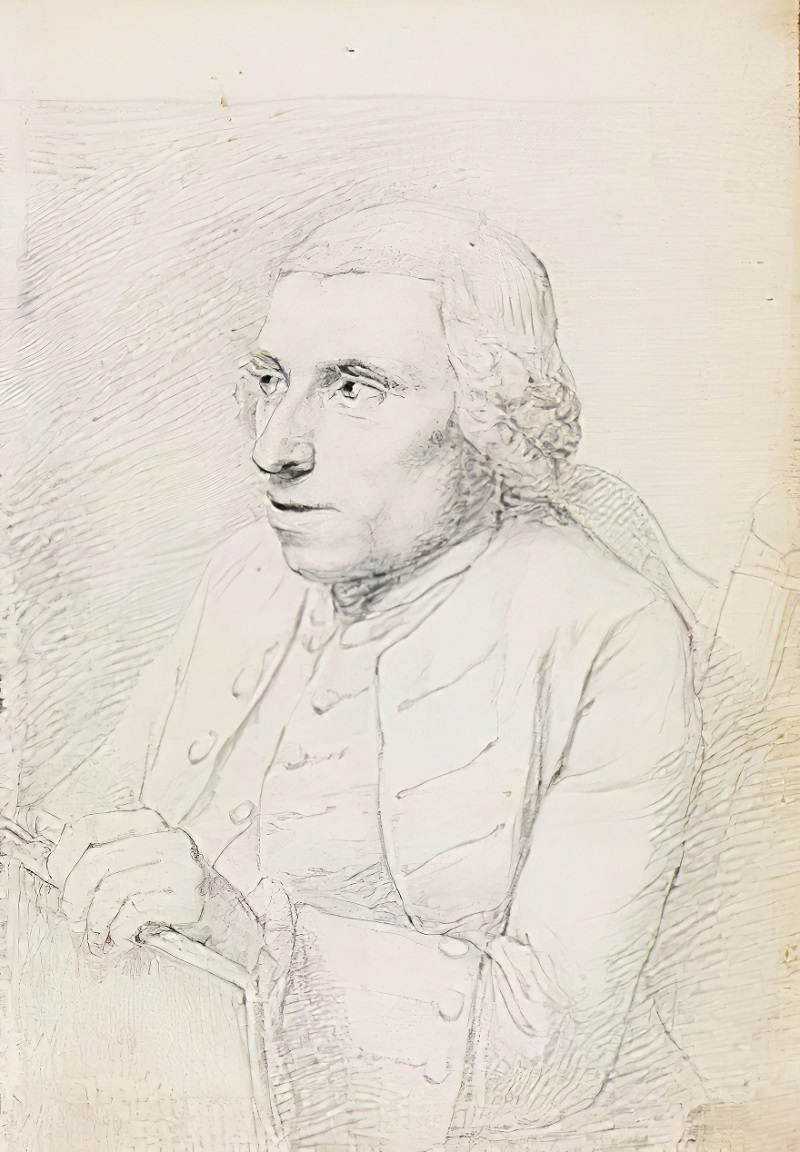
Charles-Louis Clérisseau was a French architect, draughtsman, antiquary, and artist who became a leading authority on ancient Roman architecture and Roman ruins in Italy and France. With his influence extending to Russia, England, and the United States, and clients including Catherine the Great and Thomas Jefferson, Clérisseau played a key role in the genesis of neoclassical architecture during the second half of the 18th century.
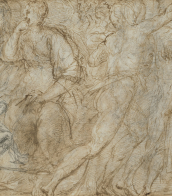
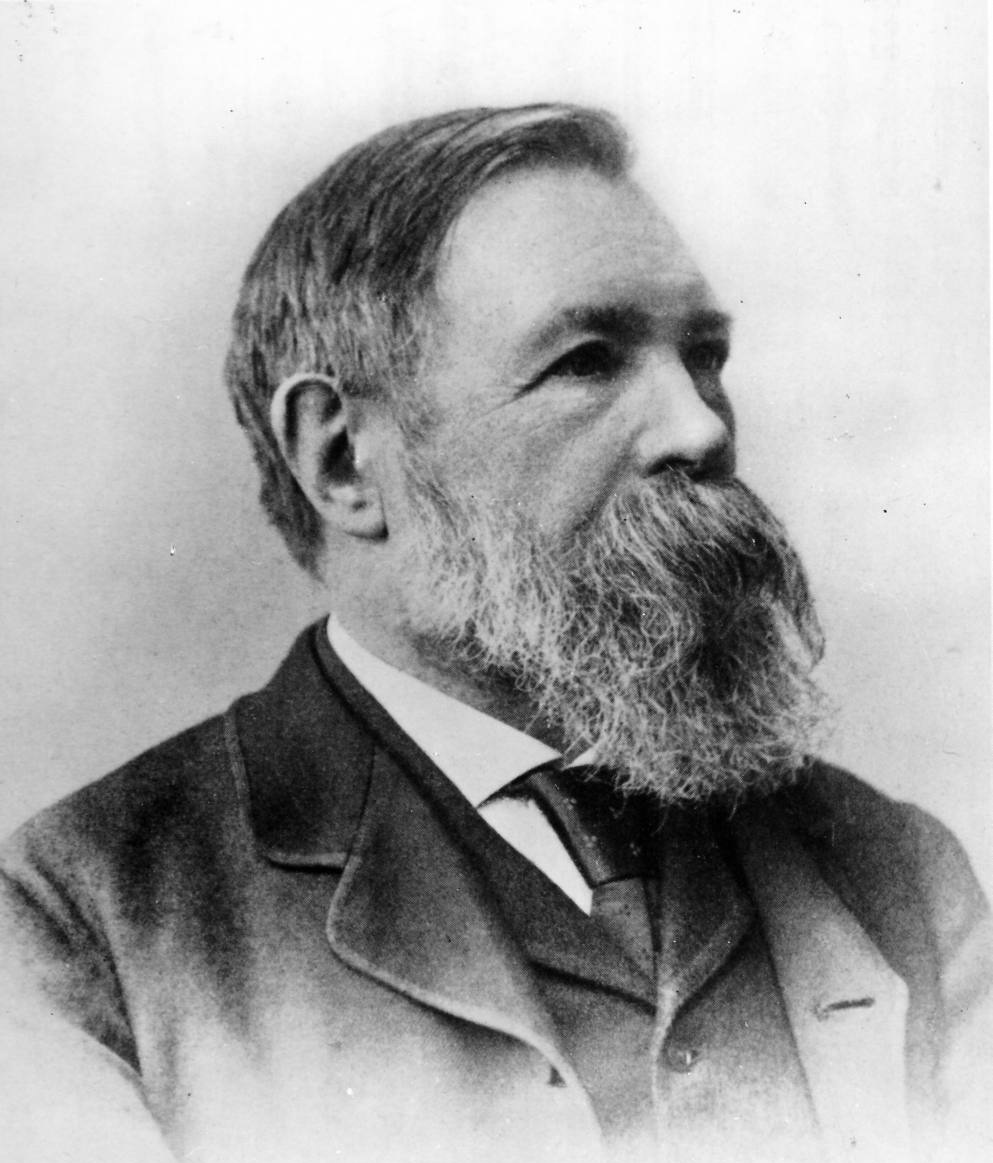
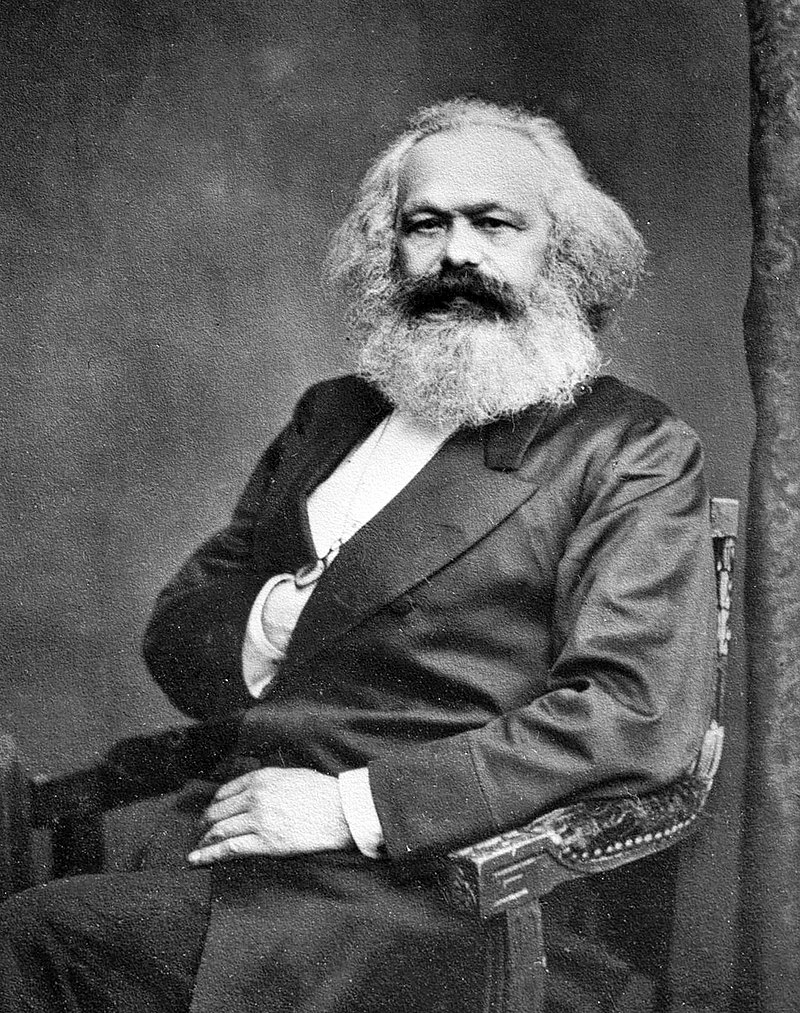
Karl Marx, full name Karl Heinrich Marx, was a German philosopher, sociologist, historian and economist, social activist, and journalist. One of the most significant political figures in the world, his works have had a great influence on the course of human history.
Karl Heinrich Marx was born into a large Jewish family of rabbinic dynasty, but his father and Karl himself were baptized. The young Karl received a liberal arts education at the University of Bonn and the University of Berlin and was actively involved in the turbulent political life of Germany and France in the 19th century. For his political activities in 1849 he was expelled from Germany, moved with his family to Paris and then to London, where he lived and worked until the end of his life.
In 1844 he met the German socialist Friedrich Engels, who became his friend and collaborator for the rest of his life. Together they had already published the Manifesto of the Communist Party (1848), the most famous pamphlet in the history of the socialist movement. Karl Marx was also the author of the movement's most important book, Das Kapital (Capital). These and other writings of Marx and Engels formed the basis of the system of views and beliefs known as Marxism.
Marx examined the very different versions of socialism that existed in the early nineteenth century and combined them into a doctrine that remained the dominant version of socialism for half a century after his death. His emphasis on the influence of economic structure on historical development was of enduring importance.

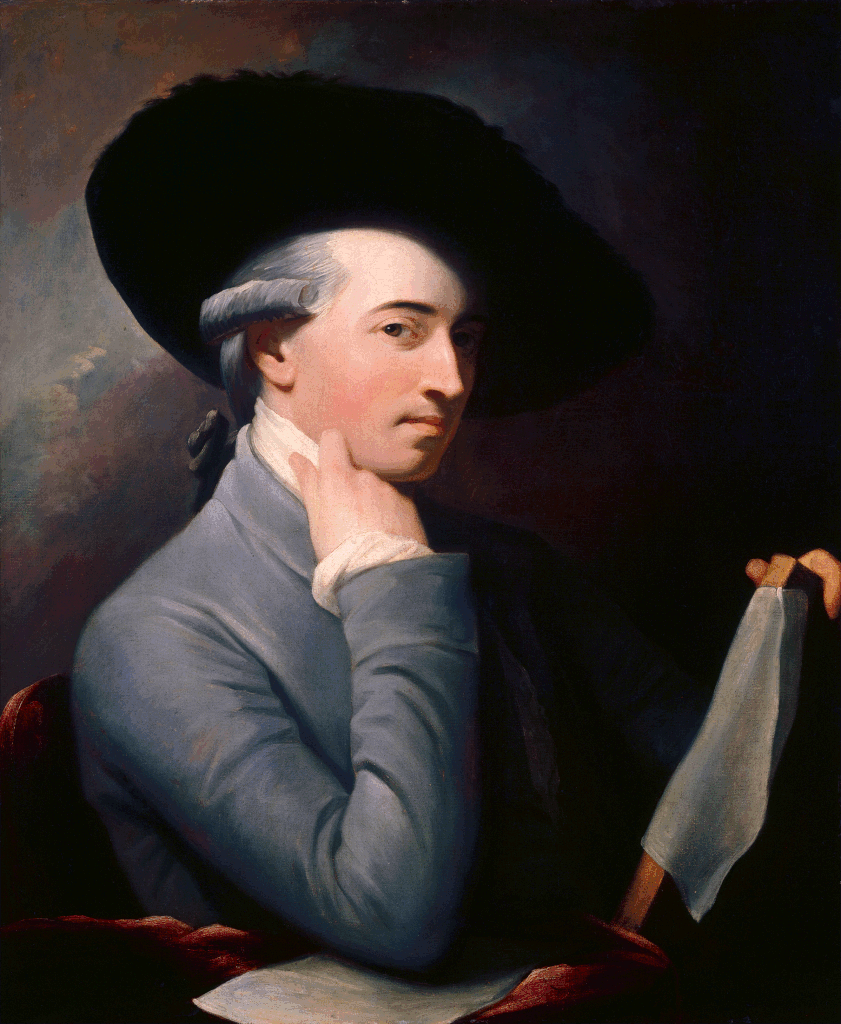
Benjamin West was a British-American artist who painted famous historical scenes such as The Death of Nelson, The Death of General Wolfe, the Treaty of Paris, and Benjamin Franklin Drawing Electricity from the Sky.
Entirely self-taught, West soon gained valuable patronage and toured Europe, eventually settling in London. He impressed King George III and was largely responsible for the launch of the Royal Academy, of which he became the second president (after Sir Joshua Reynolds). He was appointed historical painter to the court and Surveyor of the King's Pictures.

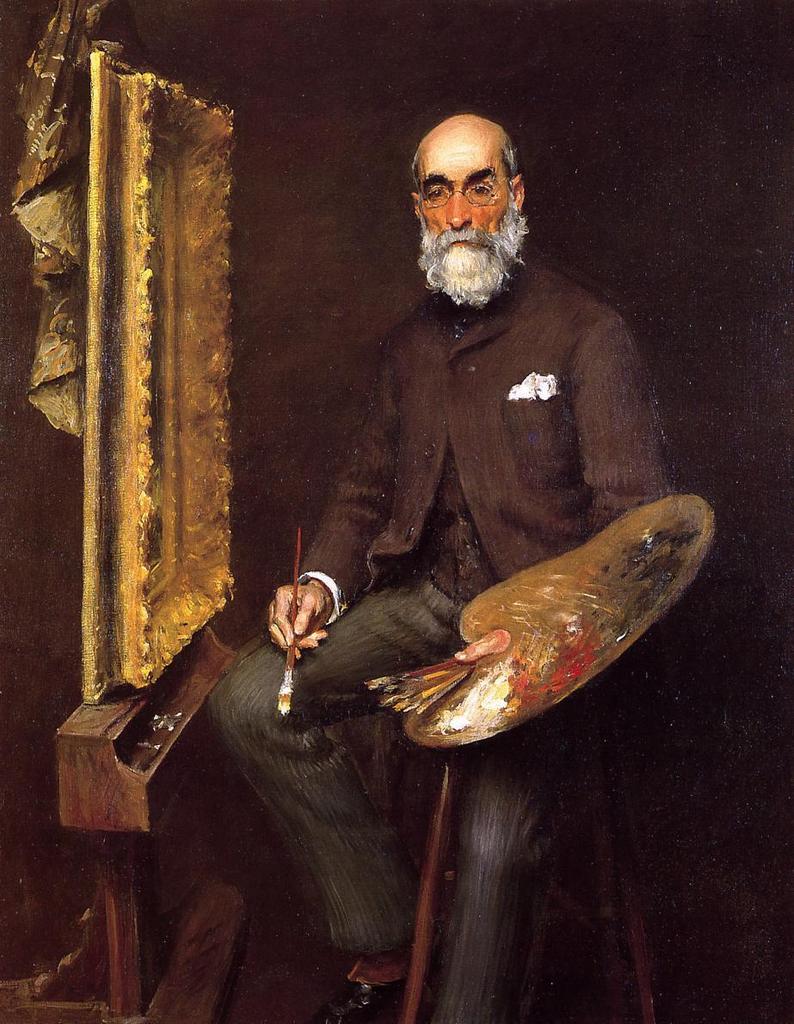
Thomas Worthington Whittredge was an American artist, a prominent figure of the Hudson River School, and is celebrated for his poetic forest scenes and serene landscapes. Born near Springfield, Ohio, Whittredge embarked on a journey that would see him become a household name in American art. His works are known for their depiction of the vastness and silence of the Plains, which he described as having a profound impact on him. He is particularly remembered for his trips to the West, which greatly influenced his art, leading to masterpieces that are treasured for their linear horizons and stark beauty.
Whittredge's legacy is preserved in the collections of esteemed institutions such as the Metropolitan Museum of Art in New York and the Louvre in Paris. His works, like 'The Trout Pool' (1870) and 'The Old Hunting Grounds' (1864), continue to enchant viewers with their tranquility and aesthetic appeal. His life, detailed in his autobiography, reflects a passionate dedication to capturing the essence of the American landscape.
For collectors, auctioneers, and experts in art and antiques, the works of Thomas Worthington Whittredge offer a timeless investment. His paintings are a testament to the Hudson River School's vision and skill, reflecting a deep connection to the American spirit. To stay informed about new product sales and auction events related to Whittredge, sign up for updates and ensure you don't miss the opportunity to own a piece of American art history.
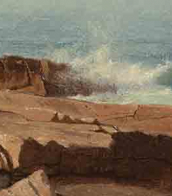

Charles-Louis Clérisseau was a French architect, draughtsman, antiquary, and artist who became a leading authority on ancient Roman architecture and Roman ruins in Italy and France. With his influence extending to Russia, England, and the United States, and clients including Catherine the Great and Thomas Jefferson, Clérisseau played a key role in the genesis of neoclassical architecture during the second half of the 18th century.
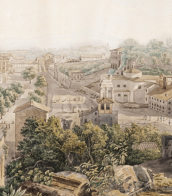

Benjamin West was a British-American artist who painted famous historical scenes such as The Death of Nelson, The Death of General Wolfe, the Treaty of Paris, and Benjamin Franklin Drawing Electricity from the Sky.
Entirely self-taught, West soon gained valuable patronage and toured Europe, eventually settling in London. He impressed King George III and was largely responsible for the launch of the Royal Academy, of which he became the second president (after Sir Joshua Reynolds). He was appointed historical painter to the court and Surveyor of the King's Pictures.
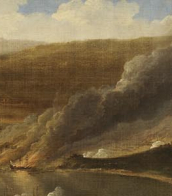

Thomas Worthington Whittredge was an American artist, a prominent figure of the Hudson River School, and is celebrated for his poetic forest scenes and serene landscapes. Born near Springfield, Ohio, Whittredge embarked on a journey that would see him become a household name in American art. His works are known for their depiction of the vastness and silence of the Plains, which he described as having a profound impact on him. He is particularly remembered for his trips to the West, which greatly influenced his art, leading to masterpieces that are treasured for their linear horizons and stark beauty.
Whittredge's legacy is preserved in the collections of esteemed institutions such as the Metropolitan Museum of Art in New York and the Louvre in Paris. His works, like 'The Trout Pool' (1870) and 'The Old Hunting Grounds' (1864), continue to enchant viewers with their tranquility and aesthetic appeal. His life, detailed in his autobiography, reflects a passionate dedication to capturing the essence of the American landscape.
For collectors, auctioneers, and experts in art and antiques, the works of Thomas Worthington Whittredge offer a timeless investment. His paintings are a testament to the Hudson River School's vision and skill, reflecting a deep connection to the American spirit. To stay informed about new product sales and auction events related to Whittredge, sign up for updates and ensure you don't miss the opportunity to own a piece of American art history.

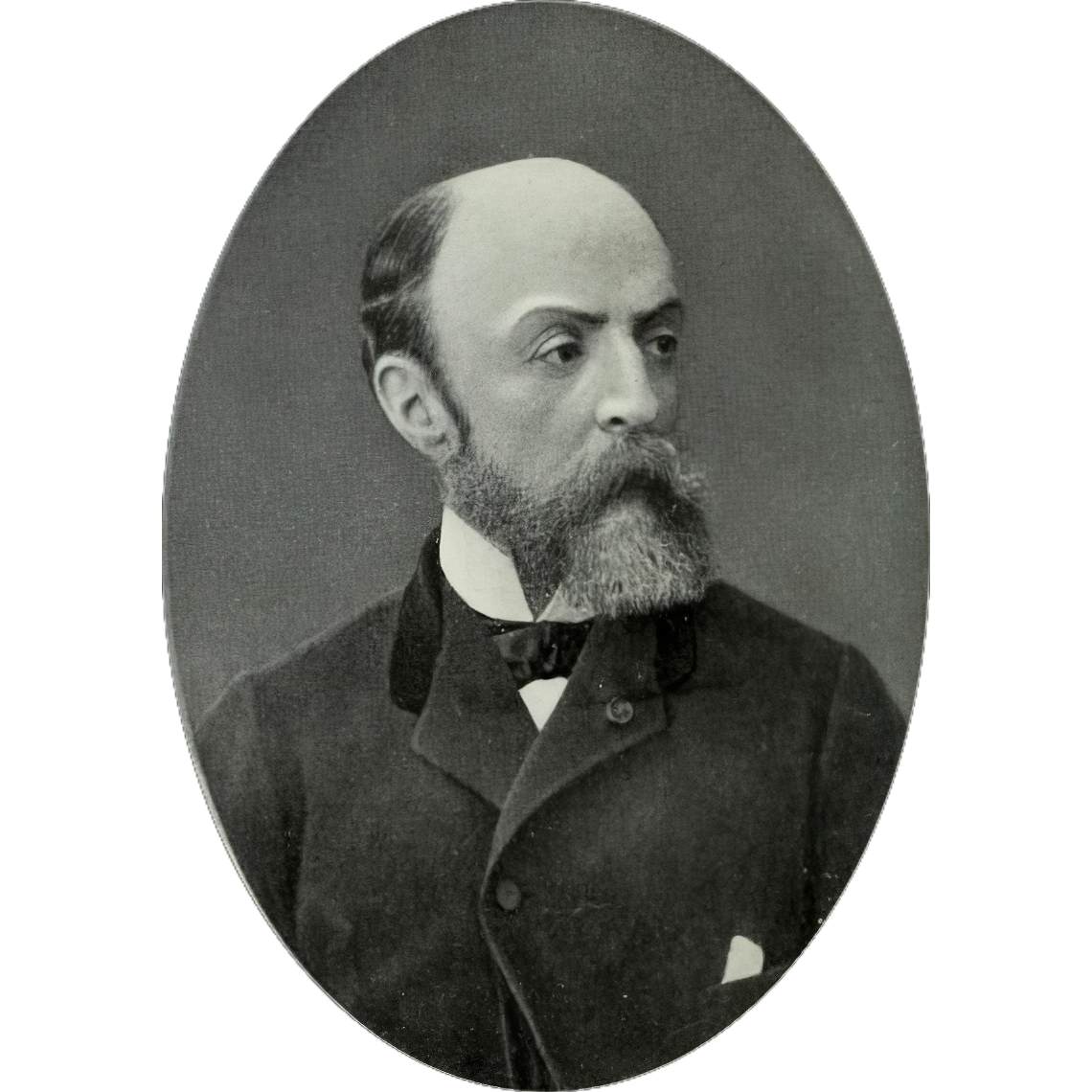
Eugène Fromentin was a French painter and writer, now better remembered for his writings.
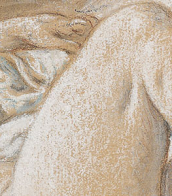
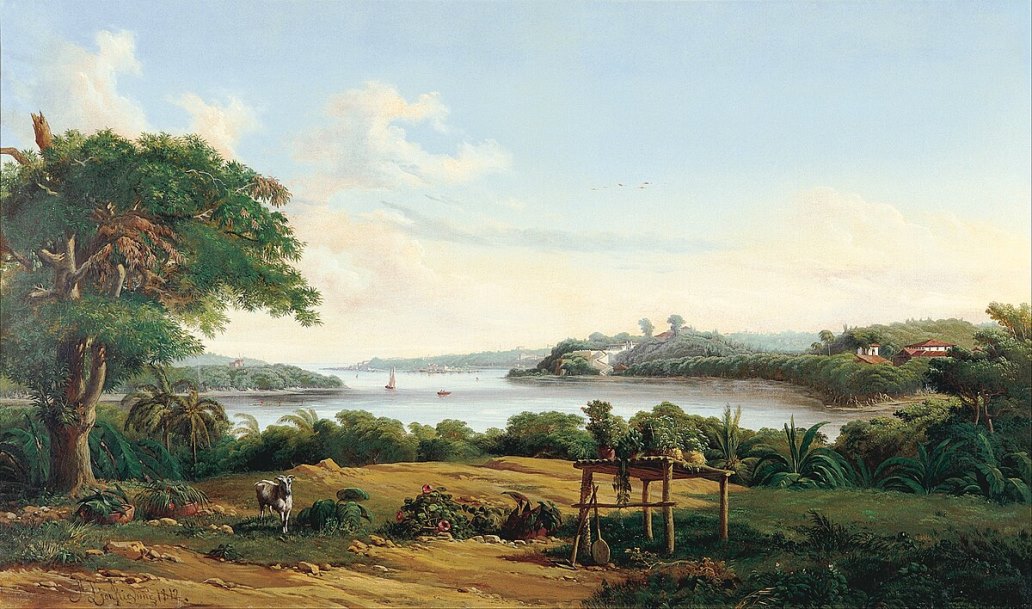


Eugène Fromentin was a French painter and writer, now better remembered for his writings.
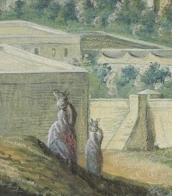

Charles-Louis Clérisseau was a French architect, draughtsman, antiquary, and artist who became a leading authority on ancient Roman architecture and Roman ruins in Italy and France. With his influence extending to Russia, England, and the United States, and clients including Catherine the Great and Thomas Jefferson, Clérisseau played a key role in the genesis of neoclassical architecture during the second half of the 18th century.


Charles-Louis Clérisseau was a French architect, draughtsman, antiquary, and artist who became a leading authority on ancient Roman architecture and Roman ruins in Italy and France. With his influence extending to Russia, England, and the United States, and clients including Catherine the Great and Thomas Jefferson, Clérisseau played a key role in the genesis of neoclassical architecture during the second half of the 18th century.


Carl Haag was a Bavarian-born painter who became a naturalized British subject and was court painter to the duke of Saxe-Coburg and Gotha.

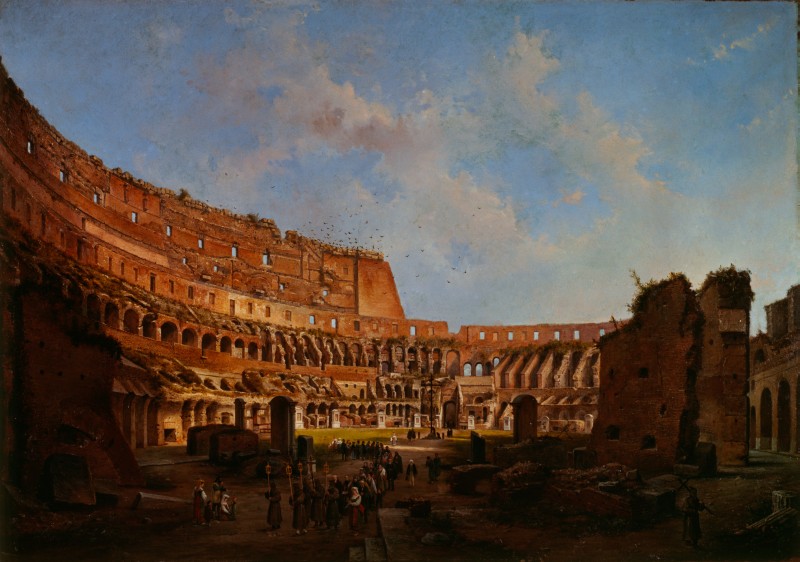
Luigi Querena was an Italian painter. Following in the footsteps of his father Lattanzio, a painter of historical and religious works, Luigi enrolled at the Venice Academy of Fine Arts at the age of 12 years. He studied under Federico Moja and distinguished himself as a vedute painter. The contemporary art critic Sagredo said that Luigi was reviving Canaletto.
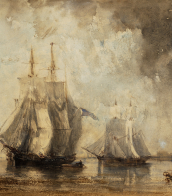
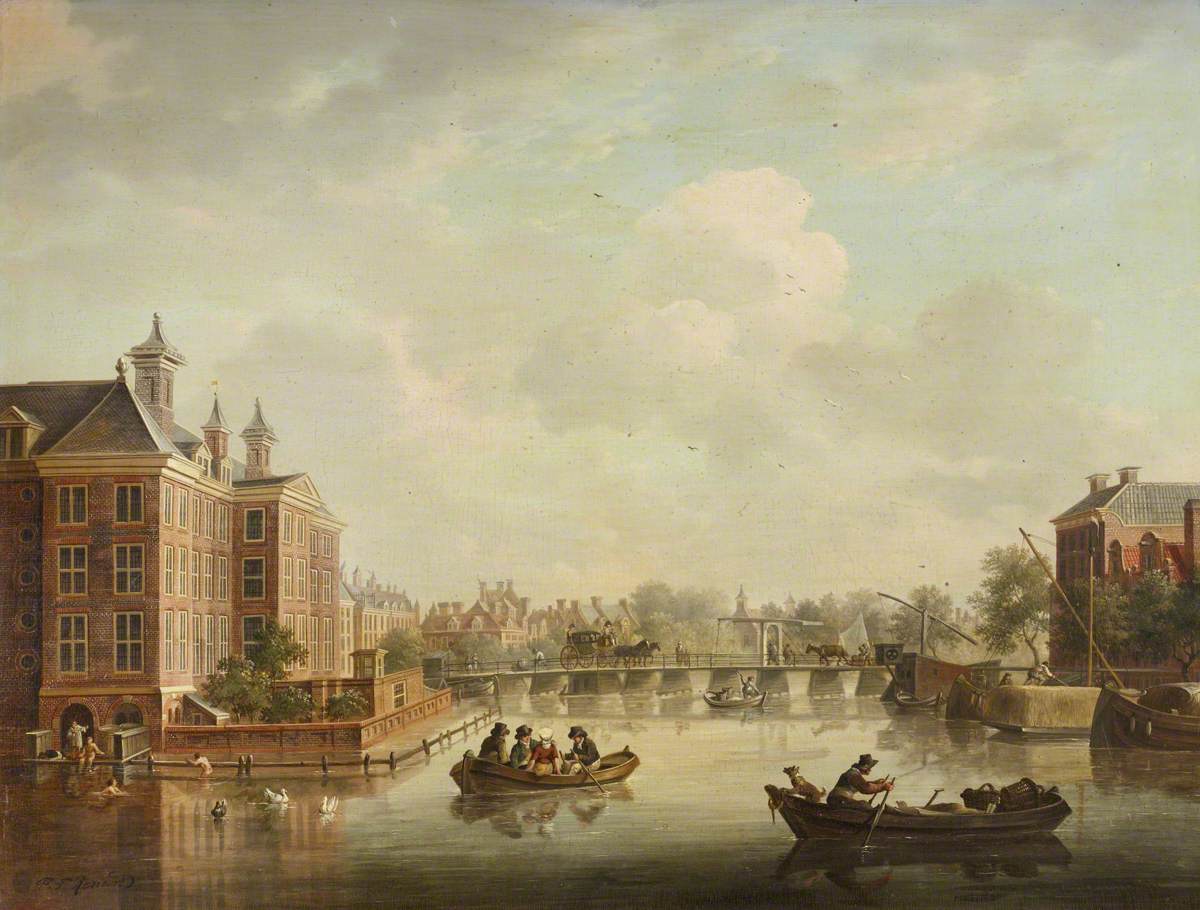
Fredericus Theodor Renard was a Dutch landscape painter.
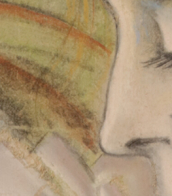

Fredericus Theodor Renard was a Dutch landscape painter.

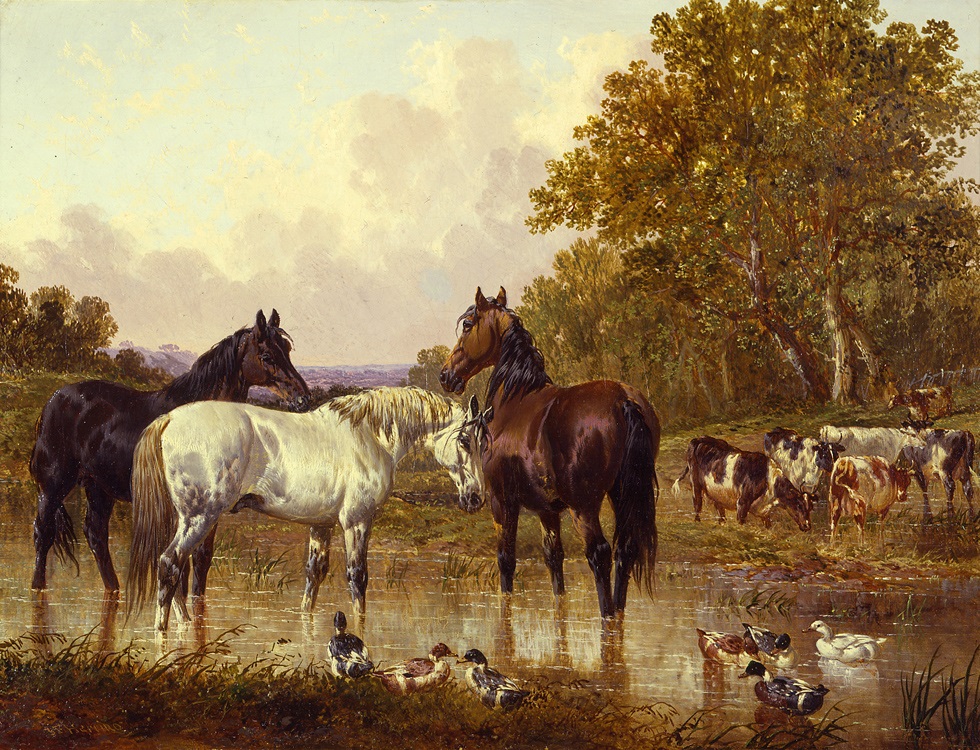
John Frederick Herring Jr. was an English painter who is best known for his equine art.


Luigi Querena was an Italian painter. Following in the footsteps of his father Lattanzio, a painter of historical and religious works, Luigi enrolled at the Venice Academy of Fine Arts at the age of 12 years. He studied under Federico Moja and distinguished himself as a vedute painter. The contemporary art critic Sagredo said that Luigi was reviving Canaletto.
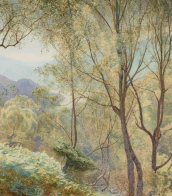

Benjamin West was a British-American artist who painted famous historical scenes such as The Death of Nelson, The Death of General Wolfe, the Treaty of Paris, and Benjamin Franklin Drawing Electricity from the Sky.
Entirely self-taught, West soon gained valuable patronage and toured Europe, eventually settling in London. He impressed King George III and was largely responsible for the launch of the Royal Academy, of which he became the second president (after Sir Joshua Reynolds). He was appointed historical painter to the court and Surveyor of the King's Pictures.
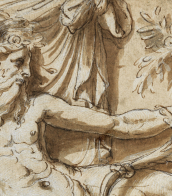
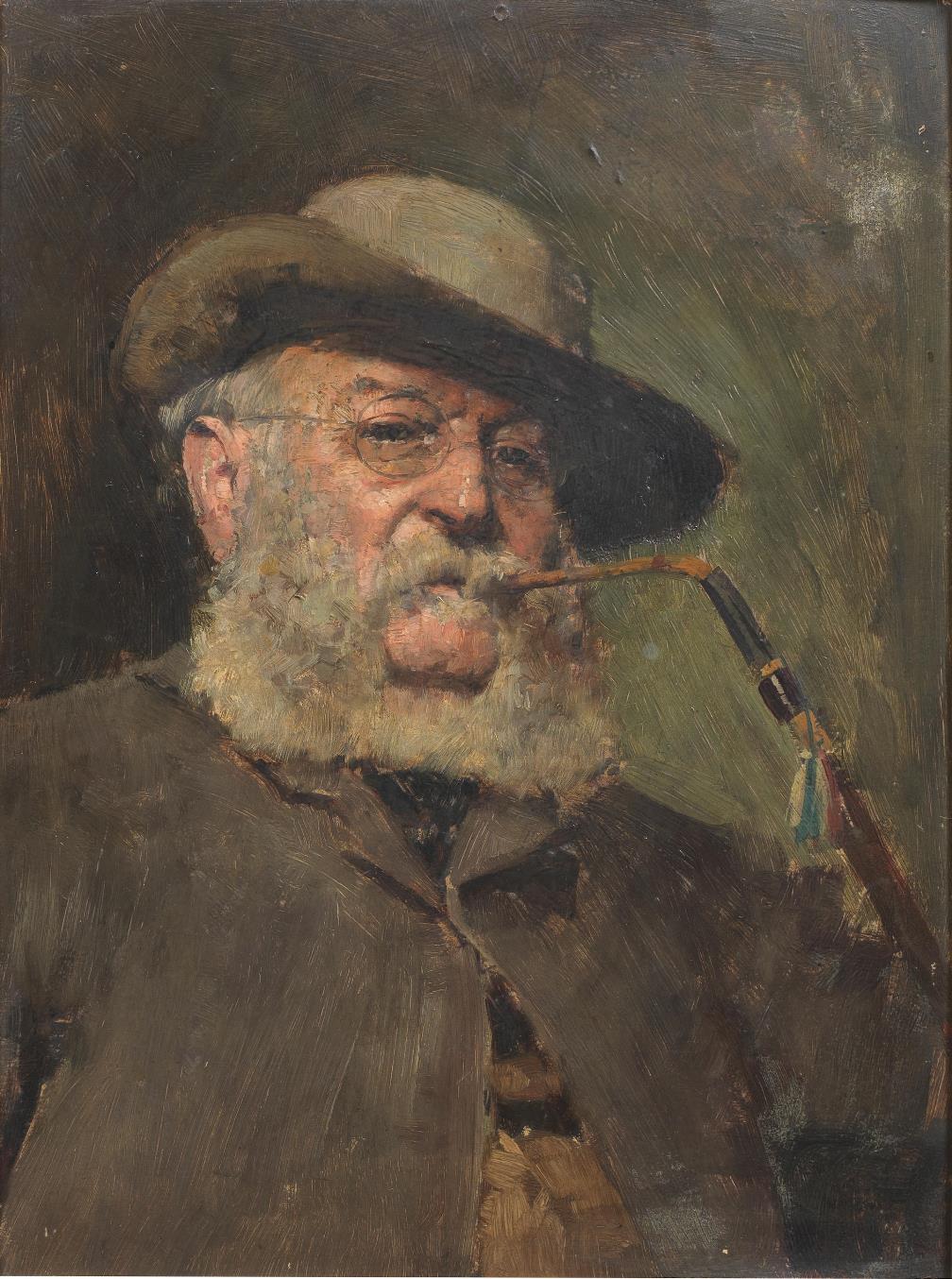
Josef Wolf was a German artist and natural history illustrator.
Josef Wolf was already a respected natural history artist in Germany when he moved to London in 1848 and was engaged by the famous English ornithologist John Gould (1804-1881) to illustrate his monographs. Wolf fairly quickly became the most famous animalist painter of the 19th century. In addition to illustrating for Gould, Wolf was responsible for the publication of Zoological Sketches, commissioned by the Zoological Society of London. Wolf was widely recognized during his lifetime; he created the genre of wildlife art.
Wolf's animalistic art consisted of his ability to capture a moment of movement combined with a deep physiological knowledge of animals.
